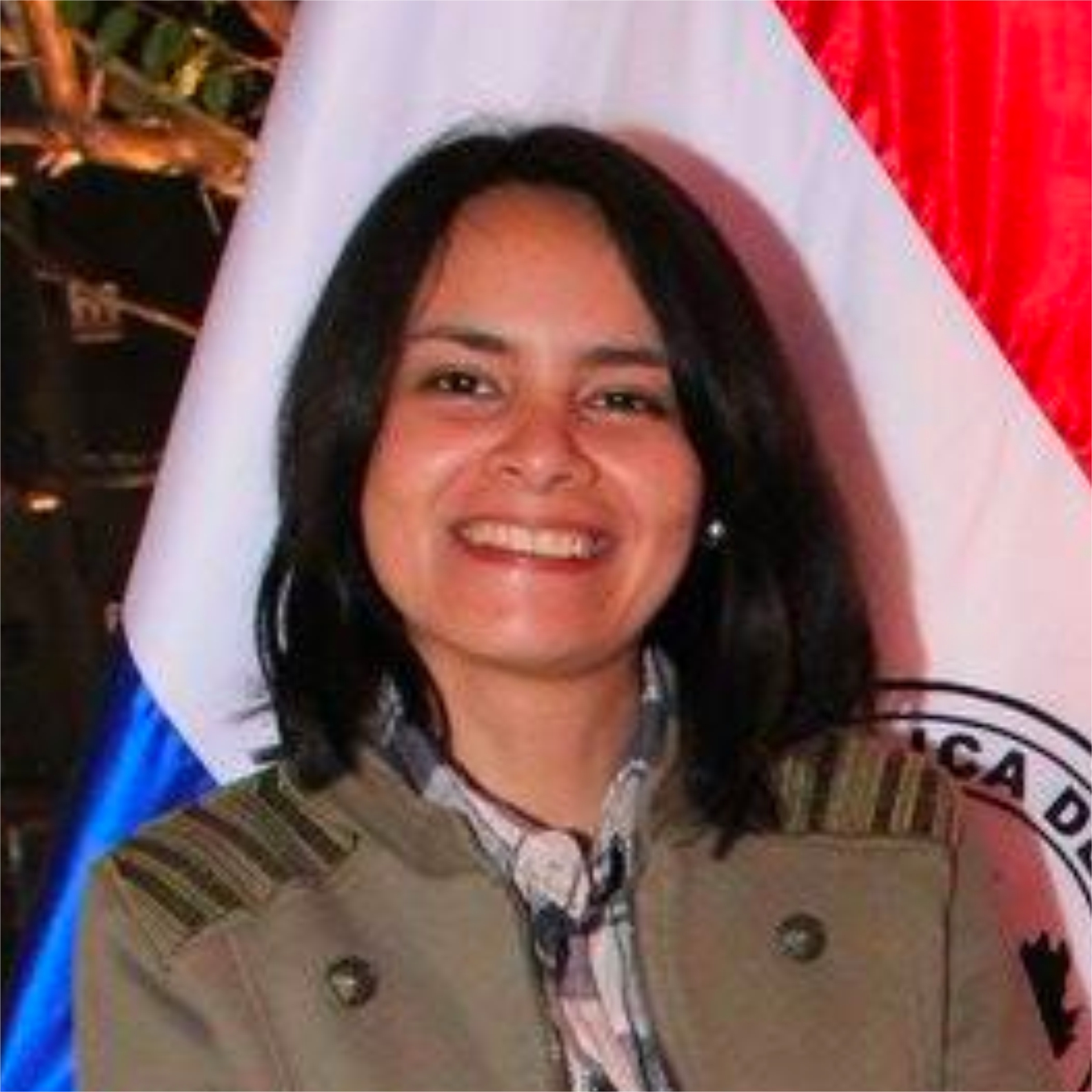Obstacle-Aware and Energy-Efficient Multi-Drone Coordination and Networking for Disaster Response
Published:
Abstract: Unmanned aerial vehicles or drones provide new capabilities for disaster response management (DRM). In a DRM scenario, multiple heterogeneous drones collaboratively work together forming a flying ad-hoc network (FANET) instantiated by a ground control station. However, FANET air-to-air and air-to-ground links that serve critical application expectations can be impacted by: (i) environmental obstacles, and (ii) limited battery capacities. In this paper, we present a novel obstacle-aware and energy-efficient multi-drone coordination and networking scheme that features a Reinforcement Learning (RL) based location prediction algorithm coupled with a packet forwarding algorithm for drone-to-ground network establishment. We specifically present two novel drone location-based solutions (i.e., heuristic greedy, and learning-based) in our packet forwarding approach to support heterogeneous drone operation as per application requirements. These requirements involve improving connectivity (i.e., optimize packet delivery ratio and end-to-end delay) despite environmental obstacles, and improving efficiency (i.e., by lower energy use and time consumption) despite energy constraints. We evaluate our scheme by comparing it with state-of-the-art networking algorithms in a trace-based DRM FANET simulation testbed. Results show that our strategy overcomes obstacles and can achieve between 81-90% of network connectivity performance observed under no obstacle conditions. With obstacles, our scheme improves network connectivity performance by 14-38 % while also providing 23-54% of energy savings.
Recommended citation: Qu, Chengyi, Rounak Singh, Alicia Esquivel Morel, Francesco Betti Sorbelli, Prasad Calyam, and Sajal K. Das. “Obstacle-aware and energy-efficient multi-drone coordination and networking for disaster response.” In 2021 17th International Conference on Network and Service Management (CNSM), pp. 446-454. IEEE, 2021.
